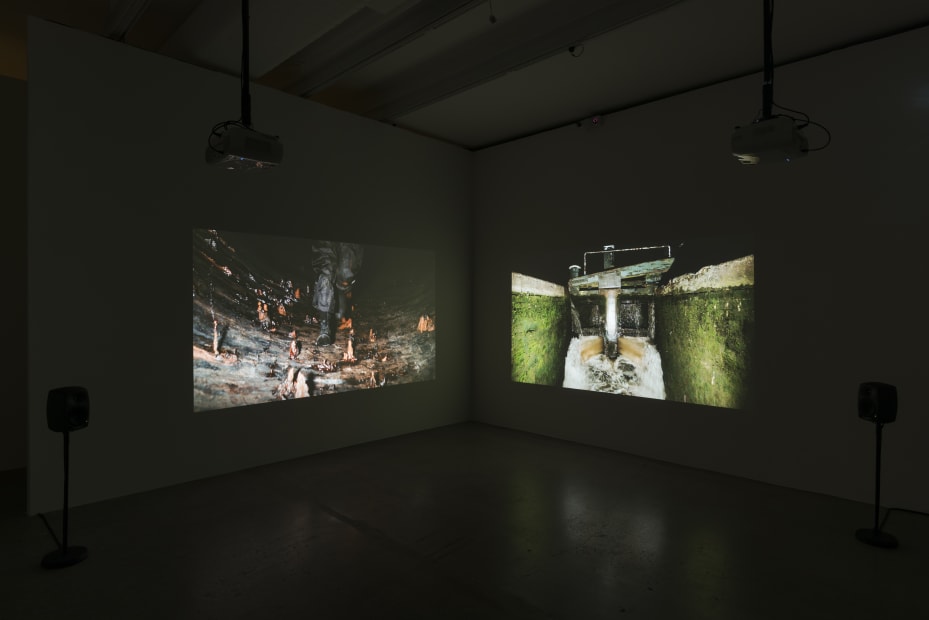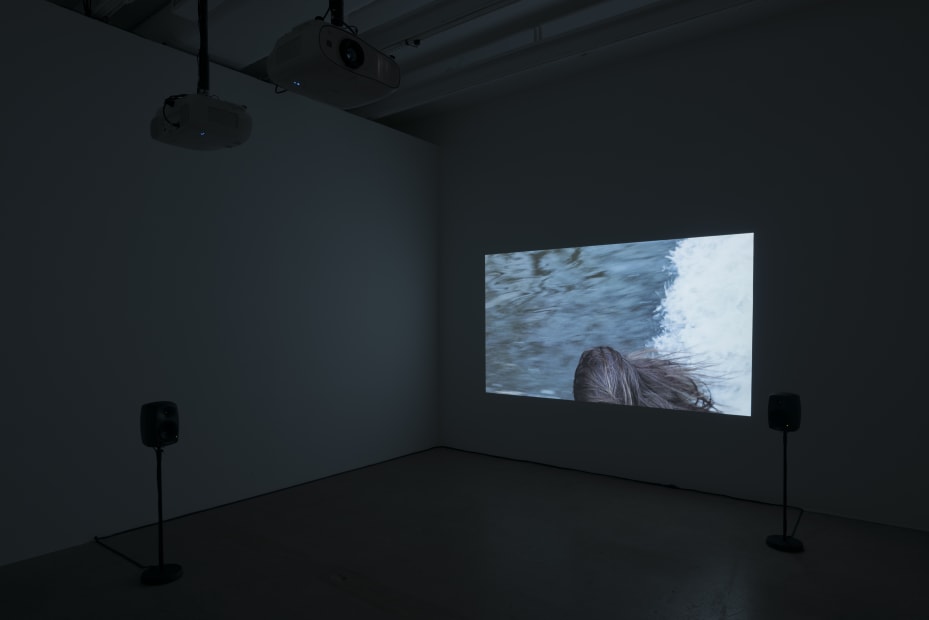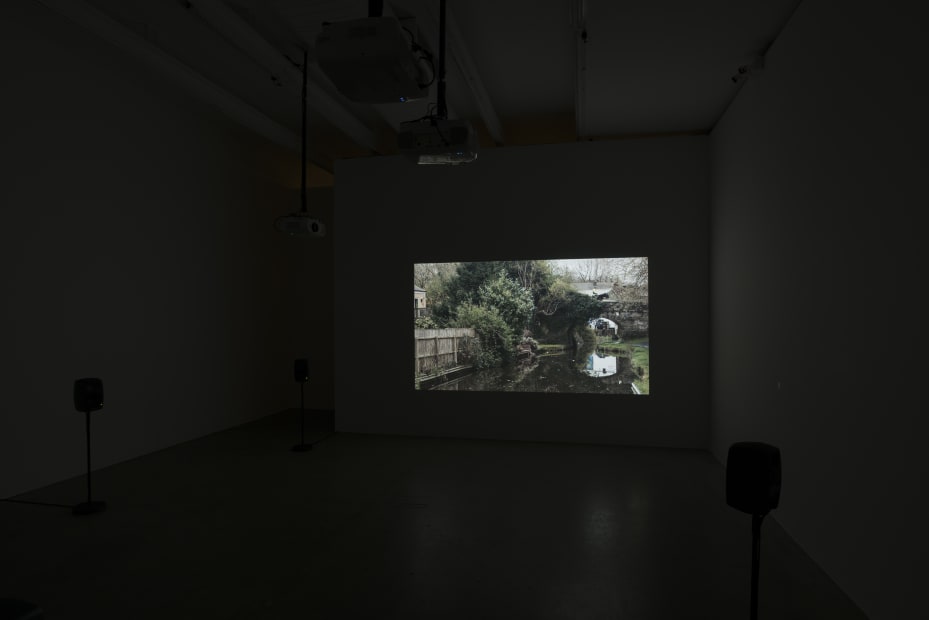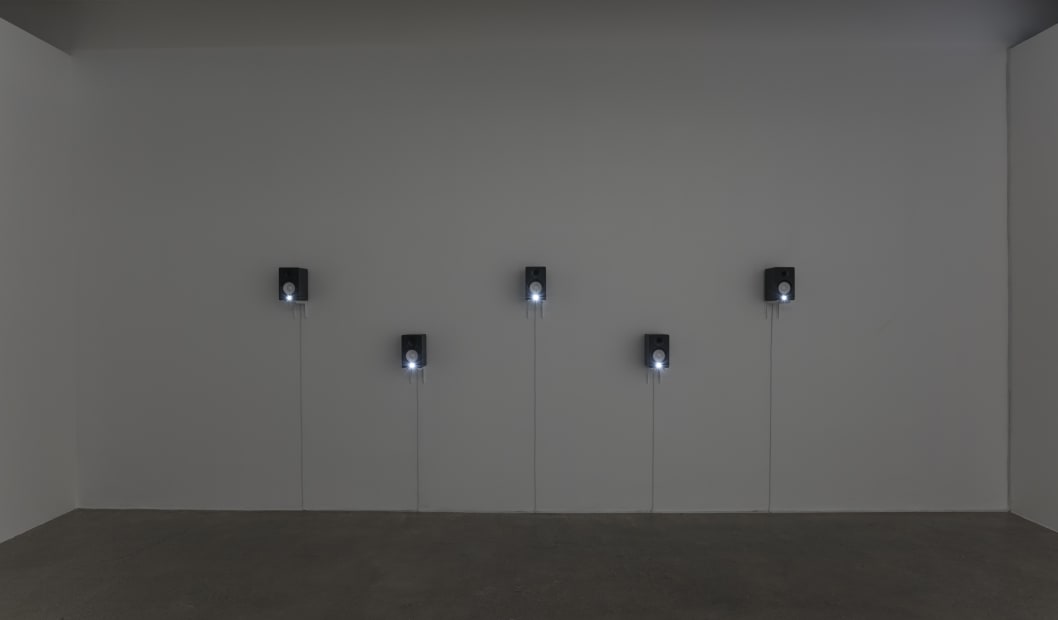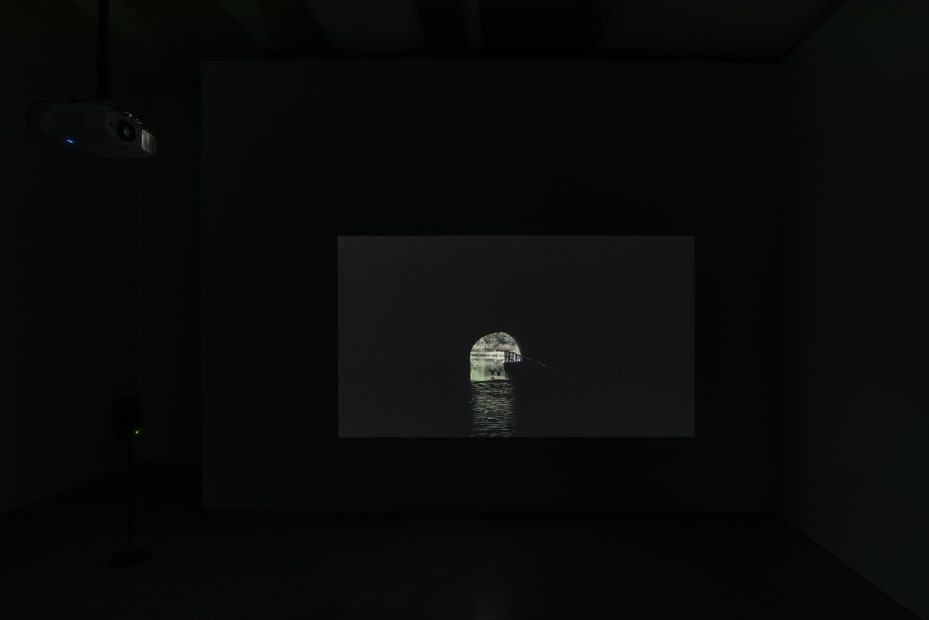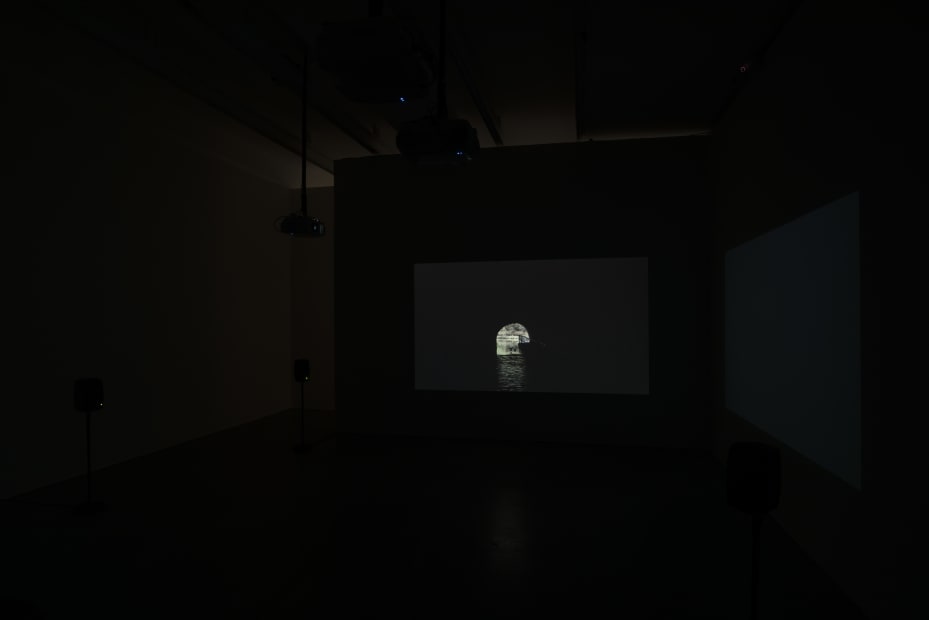Slow Ontology: Galeria Luisa Strina
Galeria Luisa Strina is pleased to announce Slow Ontology, Marcellvs L.’s third solo show at the gallery. The artist will present a homonymous installation composed of three video and four audio channels synchronized, as well as a new sound composition and field recordings. The installation will be played every hour and it is recommended to watch it from the beginning.
Ontology occupies itself with being and with presence, which, since the pre-Socratics, distinguises the sphere of being from the sphere of nothingness. “Being and nothingness, presence and absence are fundamental categories of ontology. The philosophy of the twentieth-century philosophy, taking its cue from Nietzsche, articulated itself as a philosophical critique of metaphysics by calling ontology into question. Derrida’s deconstruction of logocentric metaphysics is a deconstruction of the ontology of substance and subject correlative to it. It proceeds by interlocking the categories of presence with that of absence. Presence is always also absence”, according to Marcus Steinweg. In other words, absence would be absent presence and vice versa. With the overthrow of metaphysics and ontology – which ran from Greece to modernity – the category of disappearance becomes central. Contemporary philosophy approaches a spectral space, a place of indecision between Being and Nothingness. “It is the phantomlike zone of a general ontological instability”, Steinweg says.
Slow Ontology was recorded on the canals between Birmingham and Manchester, in England. During the English Industrial Revolution the canals played a key role in the emergence of modern capitalism. Over the years its function has changed and nowadays the canals work basically as a recreational space. In this complex and ultra-codified environment, the work insists on an ontological instability of this reality, not – at least not in the first place – from a socio-political perspective, but form the point of view of a slow ontology.
Why slow? Because the work tries to pin down an infinitesimal oscillation of the reality between stability and instability, observing it as close as possible. Why Ontology? Because the work deals with the statute of the nature of things, of the change as a cycle repeated forever integrating becoming and permanence. Something that changes throughout its duration, something that endures through change.

